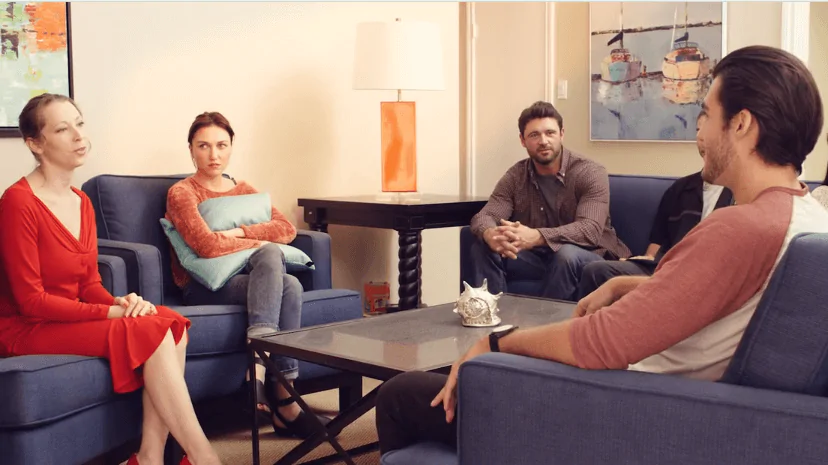24/7 Helpline:
(866) 899-111424/7 Helpline:
(866) 899-1114
Learn more about Aftercare Support centers in Trenton
Aftercare Support in Other Cities

Other Insurance Options

MVP Healthcare

MHNNet Behavioral Health

Magellan

BlueShield

Horizon Healthcare Service

Multiplan

Aetna

BHS | Behavioral Health Systems

ComPsych

Covered California

Highmark

Health Choice

Amerigroup

EmblemHealth

Coventry Health Care

AllWell

UnitedHealth Group

Health Net

Premera

Providence












